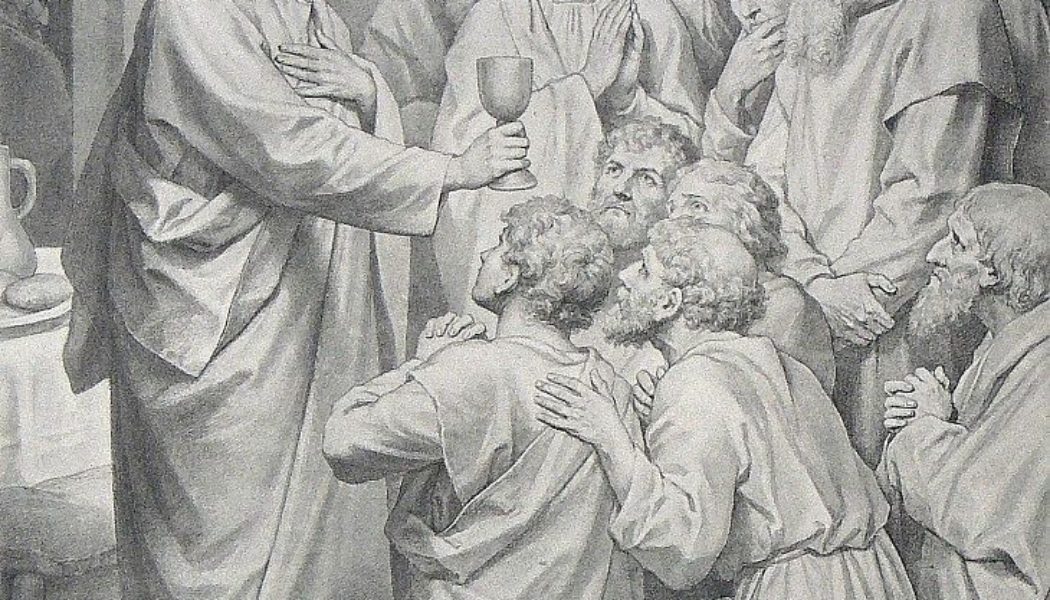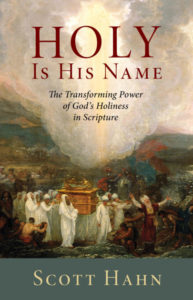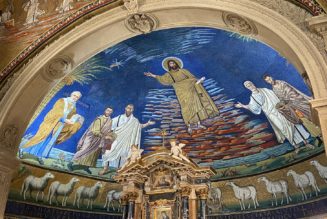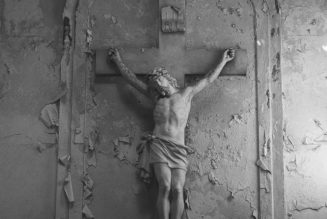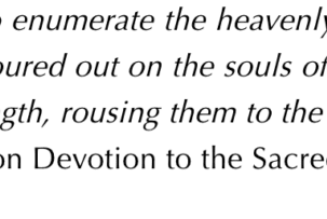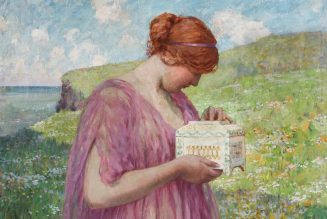By Clement Harrold
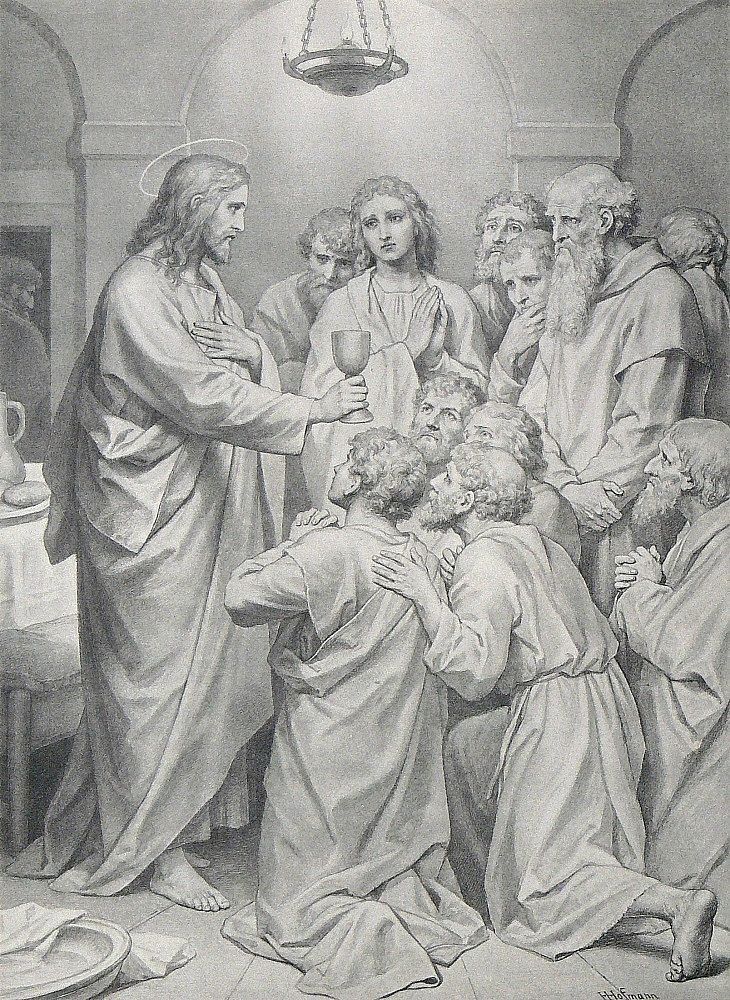
Nobody likes a Pharisee. That being said, there might still be times when we’re tempted to feel a bit sorry for them. A prime example of this comes in Luke 6:1-5:
On a sabbath, while he was going through the grainfields, his disciples plucked and ate some ears of grain, rubbing them in their hands. But some of the Pharisees said, “Why are you doing what is not lawful to do on the sabbath?” And Jesus answered, “Have you not read what David did when he was hungry, he and those who were with him: how he entered the house of God, and took and ate the bread of the Presence, which it is not lawful for any but the priests to eat, and also gave it to those with him?” And he said to them, “The Son of man is lord of the sabbath.”
It’s hard not to feel some sympathy for the Pharisees in this episode. Shouldn’t they be forgiven for thinking the dictates of the Mosaic law ought to trump the eccentric antics of some upstart rabbi from Galilee?
The first thing to realize in response is that the Pharisees’ case isn’t as strong as they would have us believe. When they boldly assert that plucking and eating grain from the fields is forbidden on the sabbath, they apparently have in mind the Old Testament verse Exodus 34:21: “Six days you shall work, but on the seventh day you shall rest; in plowing time and in harvest you shall rest.” For the Pharisees, the implication behind this verse was that reaping grain from the fields was permitted six days of the week, but never on the sabbath.
One thing that is notable about the verse, however, is that it doesn’t forbid individuals from plucking grain on the sabbath to satiate their hunger. Reaping fields on a corporate scale and plucking a few stalks of grain to meet one’s personal needs are two very different things. On a very basic level, therefore, it could be that part of what makes Jesus and His disciples so confident about plucking from the fields on the sabbath is their conviction that the Pharisees have misinterpreted the law.
Here we should bear in mind that the sabbath was designed for giving people the rest they need in order to prioritize the worship of God; it was not designed to prevent people from eating! Indeed, the law explicitly did allow for the needy to take grain from the fields in small amounts (see Dt 23:25), and there are even some Old Testament precedents for the sabbath requirements being suspended in times of necessity, such as in 1 Maccabees 2 when the Jews decide to continue fighting even on their day of rest.
Clement Harrold earned his master’s degree in theology from the University of Notre Dame in 2024, and his bachelor’s from Franciscan University of Steubenville in 2021. His writings have appeared in First Things, Church Life Journal, Crisis Magazine, and the Washington Examiner.
You Might Also Like
Catholics are taught to prize holiness—to admire it in others and to strive for it in their own lives. But we’re never quite told what holiness is. In Holy Is His Name: The Transforming Power of God’s Holiness in Scripture, Scott Hahn seeks to define the term in order to help us better understand our relationship with holiness. Tracing the meaning of holiness first through the Old Testament and then the New, Hahn masterfully reveals how God gradually transmits his holiness to his people—through creation, right worship, and more—and ultimately transforms them through the sharing of his divine life.
